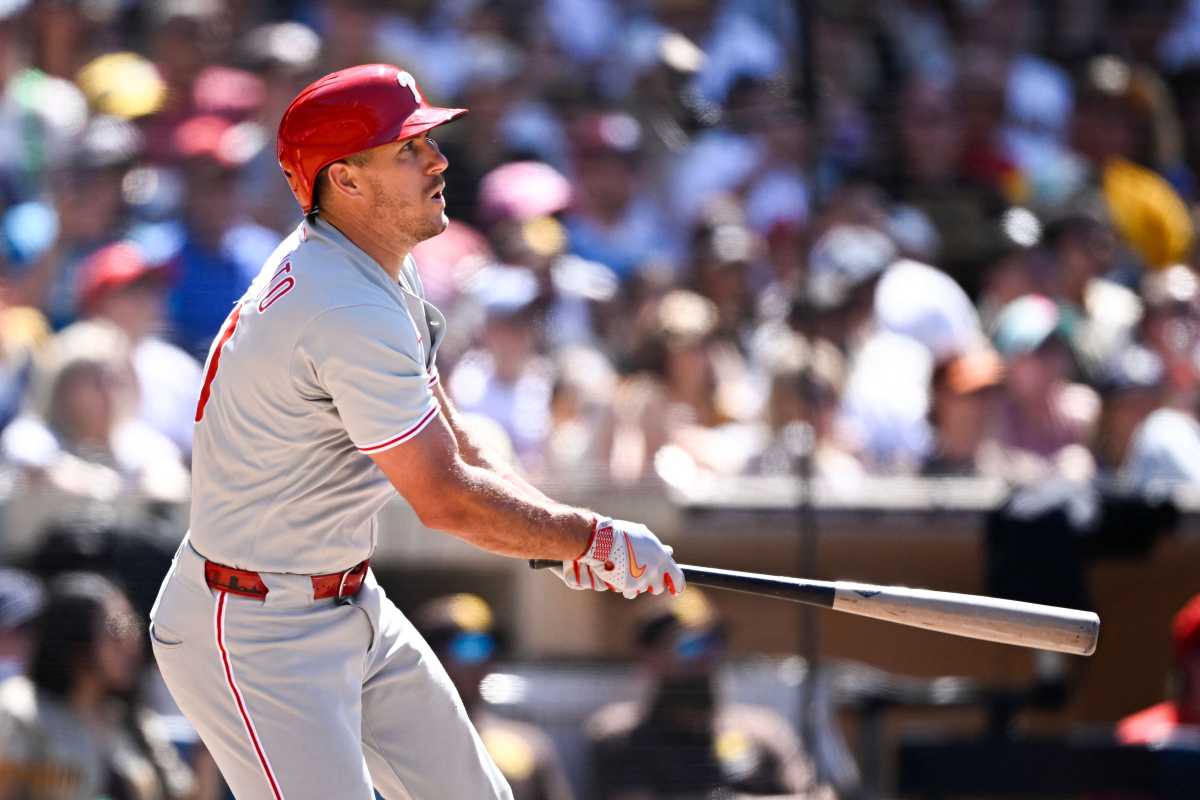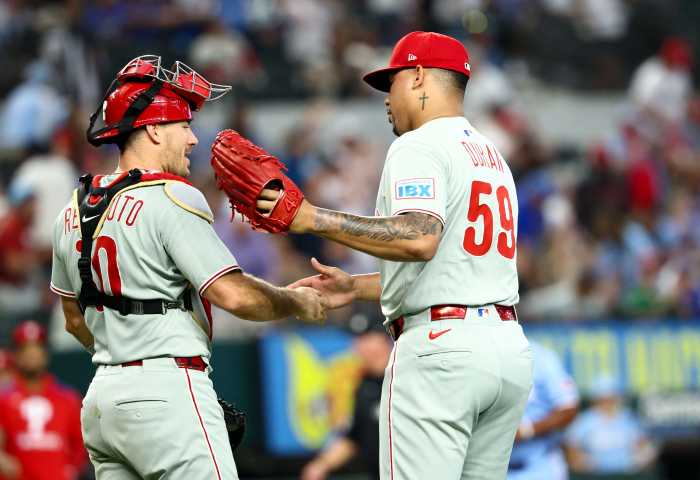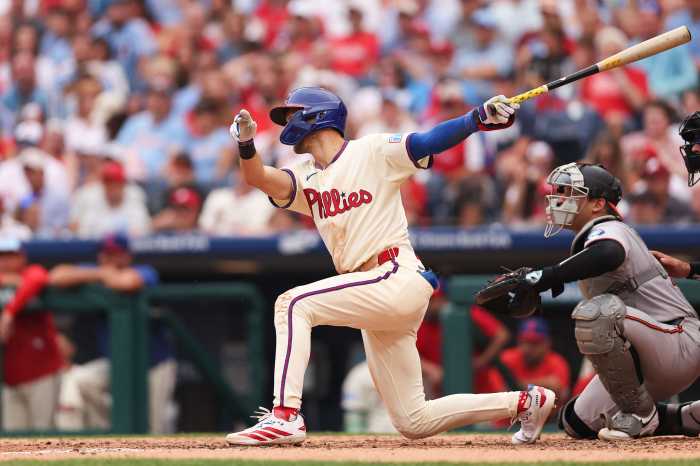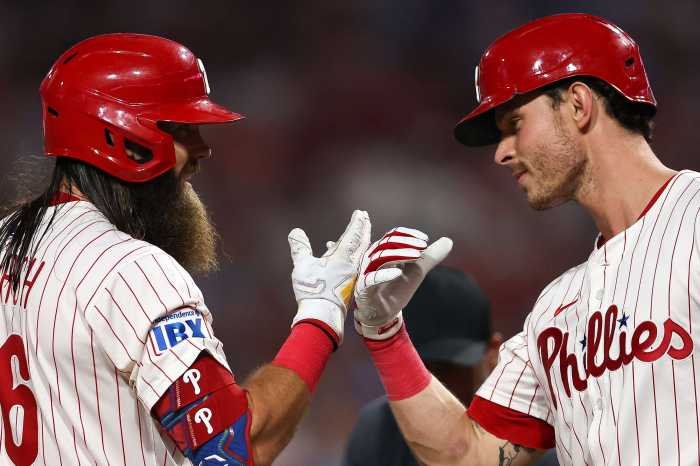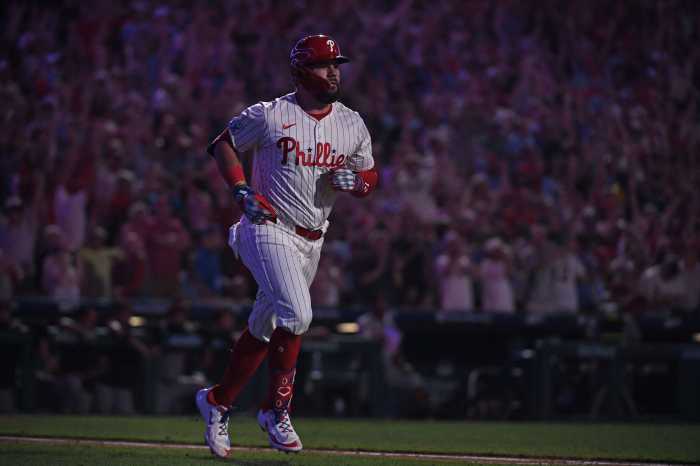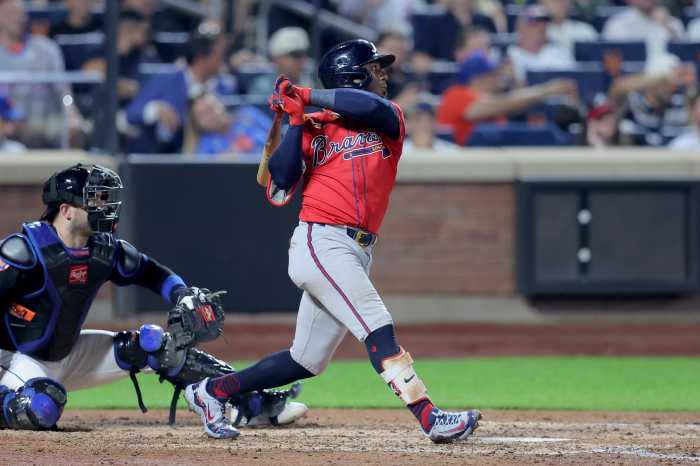PHILADELPHIA— After starting their road trip with four straight wins, the Philadelphia Phillies have now dropped three games in a row.
Momentum was seemingly on their side but after a sweep over the Texas Rangers and a win in game one against the Cincinnati Reds. Instead however, the offense went cold, and the Phillies did not play competitive baseball in their final two matchups.
Heading to the nation’s capital gave the Phillies a chance to end the road stand on a positive note. Through six innings, the team held a 2-1 lead over the Washington Nationals. Starting pitcher Jesus Luzardo was throwing well, but it just unraveled in the seventh. The Phillies starter loaded the bases with nobody out. A walk, double, and walk soon turned into a bases loaded jam. The Nationals didn’t waste their opportunity, striking for two runs.
A 3-2 lead was all the last place Nationals needed, taking game one of the series.
Cause for concern
From start to start, the Phillies have not been sure which version of Luzardo they might be getting. He was one of baseball’s best arms. A mid-season collapse had the left-hander questioning his mechanics, trying to prevent himself from tipping pitches. After some trials and tribulations, it feels that Luzardo has finally gotten back to himself.
On the evening, Luzardo pitched another quality start. Tossing 6.0 innings, he allowed four hits, three earned runs, struck out seven batters, and walked three. He allowed his fourth hit and final two walks in the seventh, where he did not record an out. He entered his last inning with 84 pitches and after being dominant, could not locate his pitches.
Command has always been Luzardo’s vice and tonight was a prime example. When he can locate and keep hitters off-balance, he pitches like a Cy Young candidate. When he starts to lose that command however, he struggles mightily.
Despite his blow-up in the seventh inning, the Phillies’ starter still gave his team a chance to win against the Washington Nationals Thursday night.
Offense
Including Thursday’s game, the Phillies have scored three runs in their last three games. The story of the offense has been the achilles heel of the team all season and in year’s past. They made a minor move at the trade deadline by adding outfielder Harrison Bader, but the addition alone is not enough to reshape the outlook of the entire unit.
The Phillies got the scoring started in the top of the third inning. A leadoff double by Bryson Stott would put a runner in scoring position. An infield single by Trea Turner would put runners at the corners with nobody out. Kyle Schwarber went down swinging, paving the way for Bryce Harper. Harper grounded into a force out at second, retiring Turner. However, Stott would come across the plate to give the Phillies a 1-0 lead at this venture of the game.
In the top of the fifth, Schwarber would get retribution. An RBI double by the club’s star hitter scored Turner from first base, extending the team’s lead to 2-0.
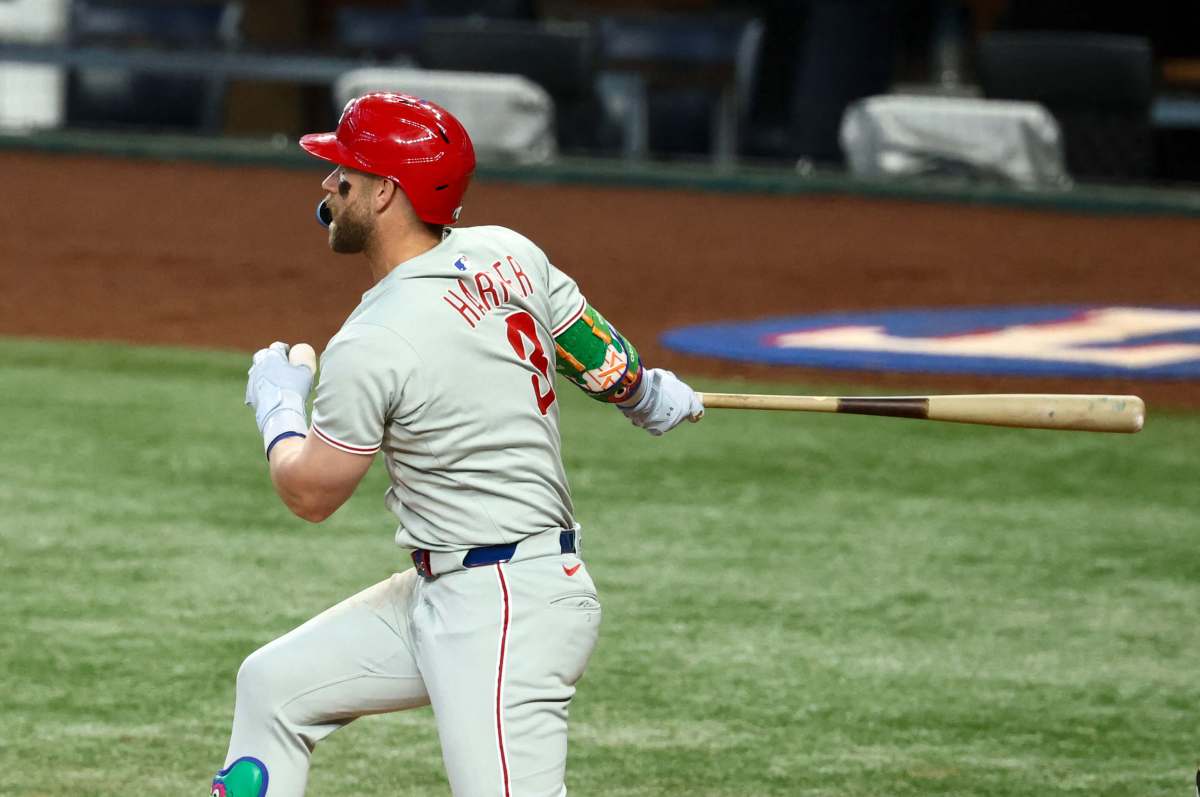
Comeback falls short
Down by one in the top of the ninth, the Phillies had one last chance to try and tie the game.
Sending Max Kepler to the plate, Kepler connected on a ball and drove it to right field. His second hit of the game gave the team a leadoff runner. The next batter was Edmundo Sosa, who stepped to the plate in an effort to move the runner to second. Sosa attempted to bunt, but worked a 3-0 count instead. Back to back strikes would move the count to full, questioning if Sosa would try and bunt again.
The question was answered as he dropped a sacrifice bunt down the first base line. He nearly beat the throw to first base, but he did the job, moving Kepler to second base. It was a questionable decision to give up the out in this spot, but Sosa played small ball, a strategy old school fans can appreciate.
With Kepler at second base, Stott would dig in. With one out, a base hit could tie the game at 3-3. The Phillies’ second baseman put a ball in play, but it was not hit hard enough. The ball did go down the first base line, but Nationals’ first baseman Josh Bell handled it for the second out. This moved Kepler to third base, now with the game on the line.
Turner would get a chance for a four hit night. A base knock would tie the game, a walk could extend the game, and an out would end the game. Turner battled and fought off several pitches against Nats’ closer Cole Henry. However, Henry would get Turner to swing at a pitch up and off the plate, earning his first career save.
Mandatory Credit: Denis Poroy-Imagn Images

